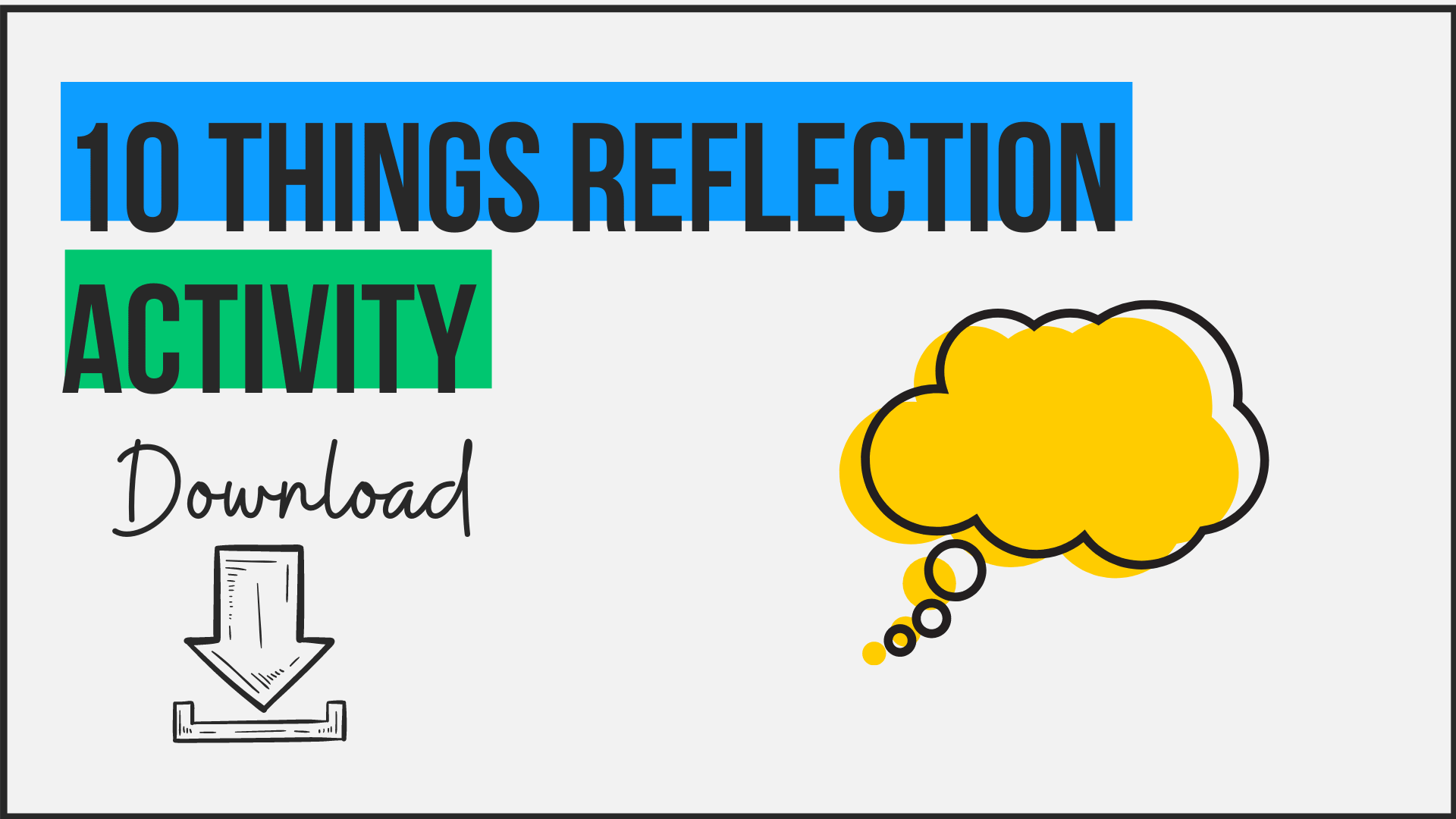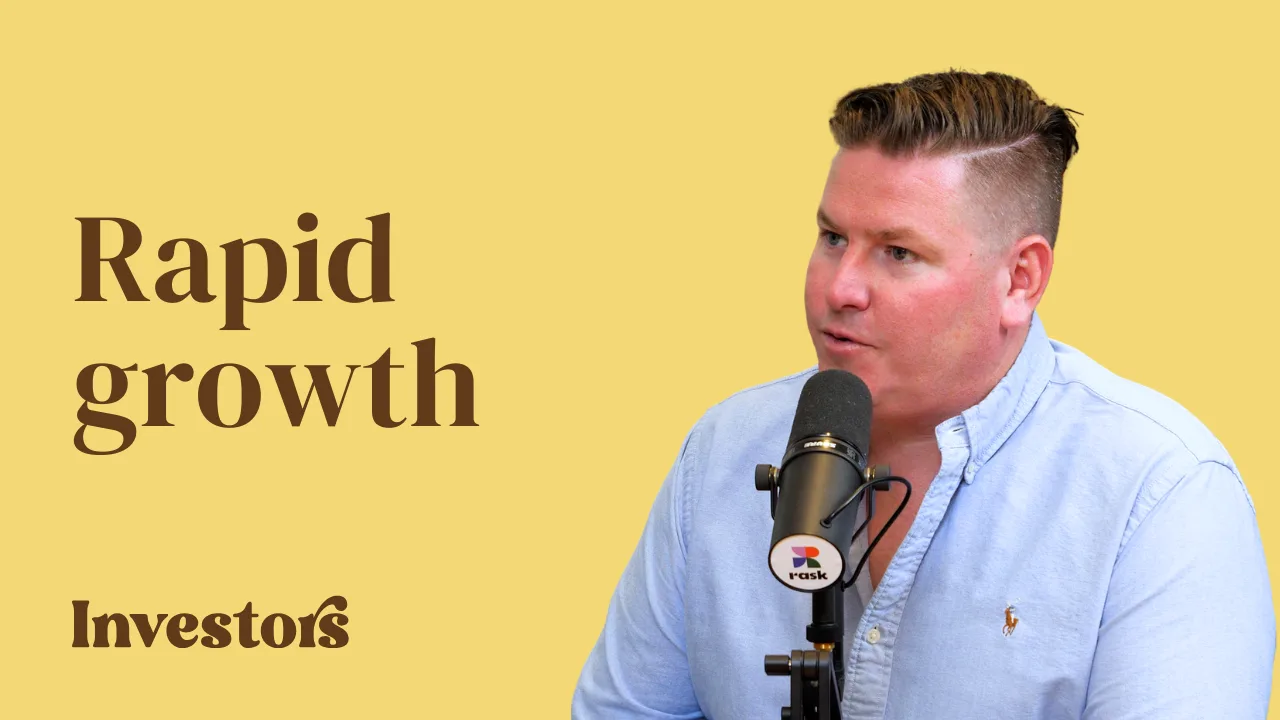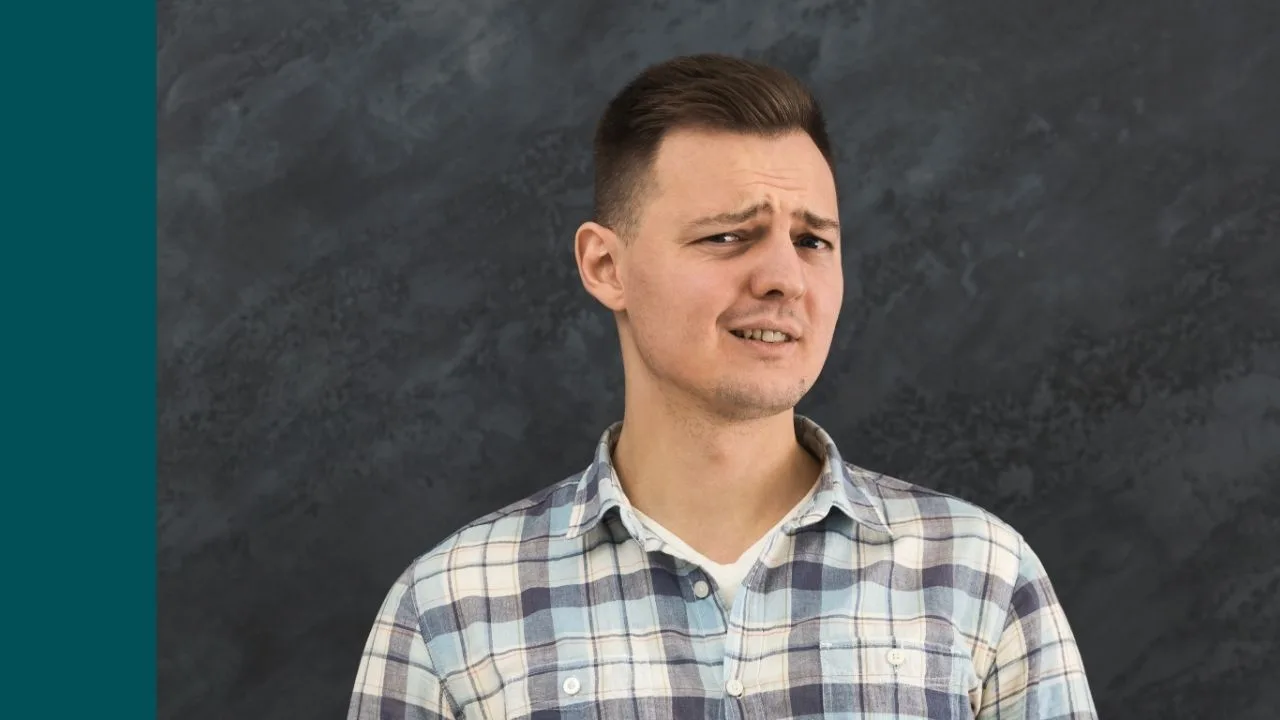Dear Rask Australia reader,
Chances are, you already know that our Financial Independence course is free on Rask Education. Click here to enrol.
I wanted to give you a teaser of what’s inside the course right here, right now – because I know it will help you better understand yourself and your wealth creation journey.
A few years ago, Hamish Douglass, arguably Australia’s top investor, founder of Magellan Financial Group (ASX: MFG) and self-made billionaire, told me his number-one piece of advice:
“The money that money makes, makes more money.”
Hamish Douglass on The Australian Investors Podcast.
In other words: compound interest.
Over the years the greatest investors and business people I have profiled, either for our podcast or my career, have one thing in common: they are extremely humble.
Most of them started with nothing.
Their journey went something like this:
- Invest in yourself (education, networks, knowledge)
- Get a good job and be great at it
- Save as much as you can and invest as soon as you can
- Take calculated risk as often as you can
- Start a business or learn to invest for yourself
When I’ve traced their roots, it almost always comes back to them having a proactive curiosity. Their goal is to keep learning every day.
Investing well starts with saving well.
Some people think that saving lots of money means living like a miser: someone who is constantly depressed and all they think about is money.
“I can’t go for that coffee because… my $4 today will be $1,000 in 64 years”.
There are some people, I’d say about 5% of the people I know, who are extremely well-off, healthy and happy… but they still save 40%, 50% or 60% of their wage every month.
It’s not because they earn a lot. It’s because they realised earlier than most (earlier than me) that the amount of money you have does not correlate with internal happiness.
Take my wife and me as an example. We own 1 car, live in a 70-year-old weatherboard shack on a nice block and love spending time by ourselves, with friends or family.
Just because we have one car — which probably saves us $10,000 – $15,000 per year — doesn’t make us less happy than families that have two cars. It’s quite the opposite!
If you take our free exercise (click here to get the PDF
), you’ll begin to discover what makes you happy and what doesn’t.
It’s not you, it’s us we see.
Morgan Housel has a great line in his book, The Psychology of Money, about fancy cars and lavish houses. Kate and I spoke to Morgan about it in our recent podcast.
Here’s my interpretation of what he said…
People who buy big houses or drive fancy cars think that when you look at their house or their car, you’re impressed with them. We’re not.
We imagine ourselves in that car or living in the house. In other words, the person driving the fancy car is invisible to us.
In short, chances are, those big budgets won’t actually make them any happier inside.
So if spending big on cars doesn’t make us truly happy, what does?
As Kate writes in our free FIRE course:
A good exercise to examine your priorities is writing down a list of the 10 things you value the most and another list of the 10 things you spend the most money on, and then see what overlaps and what doesn’t.
Every great wealth creation journey starts with spending less than you earn and investing the difference.
Don’t fool yourself into thinking that cutting your spending makes you less happy. It’s more likely to do the opposite.
So start thinking about it today.
What have you got to lose?
Click here to enrol in our free course or the image below to download the PDF worksheet ’10 things reflection’.










